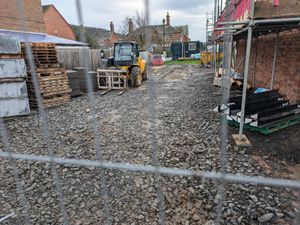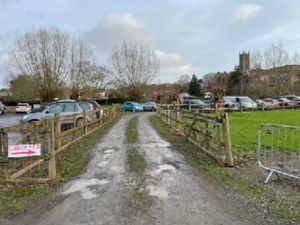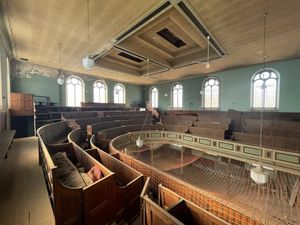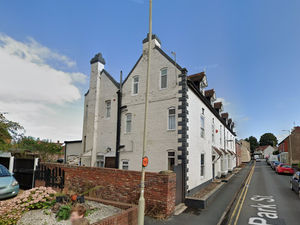Shropshire house prices eight times the average wage
House prices in Shropshire are now eight times higher than the average wage, a new study revealed today.

The situation also remains bleak in neighbouring Telford and Wrekin where homes cost seven times more than average earnings.
In Shropshire, the average wage is £23,873.20. But the average house price has risen to £210,648.34.
To be able to purchase a house with an 80 per cent deposit, the average wage would need to go up to £48,148.19.
In Telford, the average worker earns £22,349.60, with the average house price now at £161,622.86.
Potential home-buyers in Telford would need an income of £36,942.37 to be able to secure an 80 per cent mortgage on a property in the borough.
And the story is just as bleak for renters across the region.
The average rent in Telford is now £554 per month, 29 per cent of the average resident's wage packet each month.
While in Shropshire the cost to rent is slightly above at £565, 28 per cent of the average wage packet.
The research by the National Housing Federation paints a bleak picture of the current housing market – claiming the reason for the issue nationally is that too few new properties are being built.
Gemma Duggan, external affairs manager for the National Housing Federation in the West Midlands, said it is a big problem across the region as a whole, with some areas seeing huge price hikes and not enough homes and others suffering from low quality housing.
She said: "This is a housing crisis several generations in the making and one that affects buyers and renters across the region.
"To spell it out, if you're on an average salary and want to buy a home, you'll need to ask your boss for a 79 per cent pay rise.
"The West Midlands is made up of ambitious cities and historic rural communities, but there are also pockets of deprivation. While more affluent areas are seeing prices go through the roof and a chronic shortfall of new homes, other parts of the region suffer from low quality, older homes."
She added: "Housing associations are a vital part of the solution to the housing crisis. They built 50,000 homes last year, 40 per cent of all new homes, and are ambitious about delivering even more."





